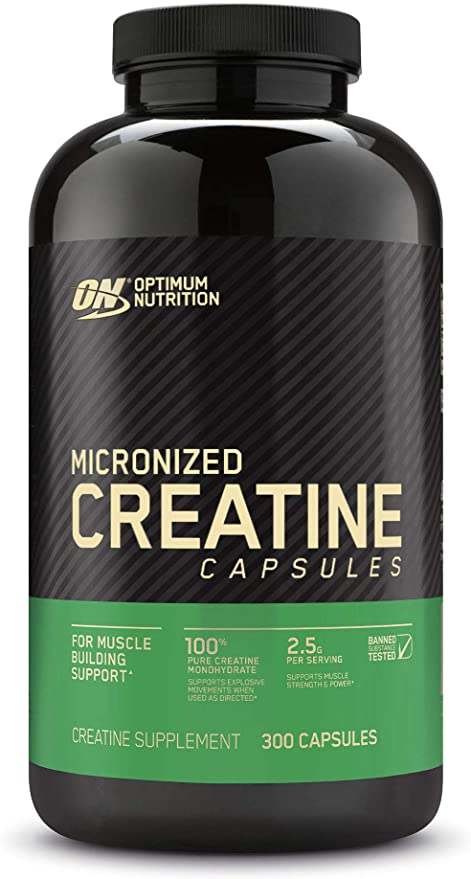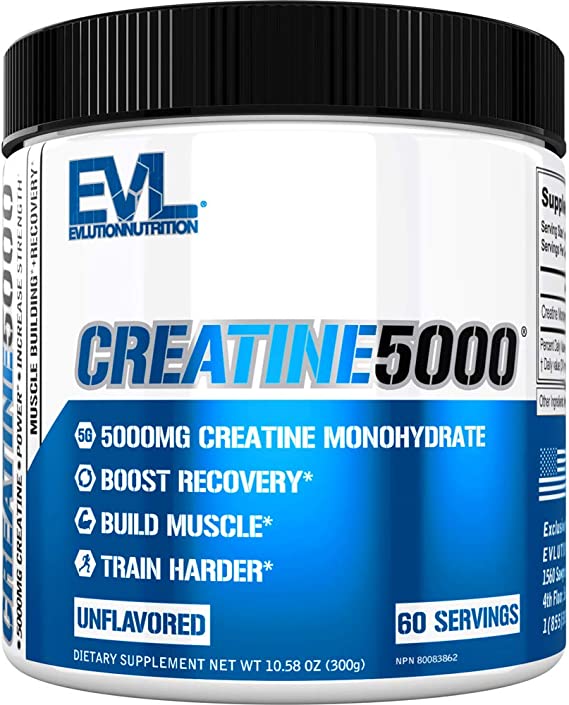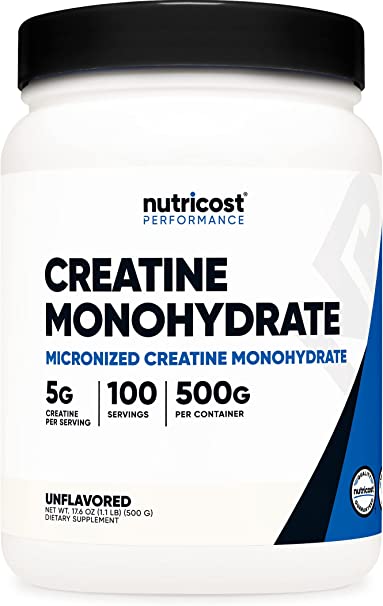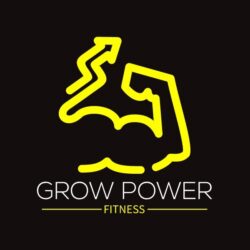Introduction
In the realm of fitness, various training methods have emerged over the years, each focusing on different aspects of strength, flexibility, and conditioning. One approach that has gained immense popularity is functional strength training. Unlike traditional weightlifting that isolates specific muscles, functional strength training aims to enhance the body’s ability to perform real-life movements efficiently and safely. In this article, we will explore the essence of strength training, its benefits, key principles, exercises, and much more.
What is Functional Strength Training?
It is a form of exercise that emphasizes training movements, not just muscles. The primary goal is to improve the body’s functional abilities, enabling individuals to perform everyday activities with ease and reducing the risk of injuries. Unlike conventional weightlifting, which often involves machines and stationary exercises, functional training uses a range of movements that mimic real-life situations, such as pushing, pulling, bending, and twisting.

Creatine Monohydrate Powder | MuscleTech Platinum | Pure Micronized | Muscle Recovery + Builder for Men & Women | Workout Supplements | Unflavored (80 Servings)
The Benefits
Improved Muscle Functionality
Functional strength training engages multiple muscle groups simultaneously, promoting better coordination between them. As a result, the muscles work synergistically, leading to improved functionality and overall strength.
Enhanced Core Strength
A strong core is vital for maintaining stability and balance in various activities. Functional training incorporates many exercises that target the core, leading to enhanced core strength and better posture.
Increased Stability and Balance
The focus on multi-planar movements and stabilizing muscles in functional training enhances balance and stability, reducing the risk of falls and injuries, especially in older adults.
Injury Prevention
By training the body to move efficiently and safely, functional strength training can help prevent injuries during both daily activities and athletic pursuits.
Key Principles
To fully embrace the benefits of functional strength training, several key principles should guide your workouts:
Multi-Planar Movements
Functional training involves movements in multiple planes of motion (frontal, sagittal, and transverse), preparing the body for real-life activities that rarely occur in a single plane.
Unilateral Exercises
Unilateral exercises, which work one side of the body at a time, help correct muscle imbalances and enhance stability.
Integrating Functional Movements
Functional training should incorporate movements that mimic activities you encounter in your daily life or sports, optimizing the transfer of training to real-world situations.
Progression and Adaptation
As with any fitness program, gradual progression is essential to prevent plateaus and continue challenging the body. Functional training should adapt to your improving strength and abilities.

Optimum Nutrition Micronized Creatine Monohydrate Capsules, Keto Friendly, 2500mg, 300 Capsules (Packaging May Vary)
Functional Strength Training Exercises
Now, let’s explore some effective exercises that can be incorporated into your workout routine:
Squats and Variations
Squats are fundamental functional movements that mimic sitting and standing up. Variations like goblet squats and jump squats add diversity to your routine.
Deadlifts and Hip Hinges
Deadlifts involve lifting weights from the ground, working on your hip hinge movement pattern. They are excellent for developing posterior chain strength.
Push-Ups and Variations
Push-ups strengthen the upper body and core while engaging stabilizing muscles. Variations like decline or push-up with rotation offer additional challenges.
Pull-Ups and Rows
Pull-ups and rows target the muscles in your back and arms, promoting upper body strength and stability.
Planks and Core Exercises
Planks are outstanding isometric exercises that work the core muscles and help improve overall core strength and endurance.
Functional Strength Training vs. Traditional Strength Training
The difference between functional strength training and traditional strength training lies in their focus. While traditional training often isolates specific muscles using machines, functional training prioritizes full-body movements and integrated exercises that mimic real-life activities. Both approaches have their merits, but functional training is particularly beneficial for those seeking practical strength for daily life and sports performance.

Evlution Pure Creatine Monohydrate Powder 5000mg Nutrition Pre and Post Workout Recovery Drink Mix Powder for Enhanced Muscle Mass Athletic Performance and Muscle Recovery – Unflavored
How to Incorporate Functional Strength Training into Your Routine
Implementing functional training into your routine requires careful planning and consideration of the following elements:
Warm-Up and Mobility Exercises
Always start with a dynamic warm-up that includes mobility exercises to prepare your body for movement.
Full-Body Workouts
Design your workouts to target different muscle groups and functional movements, ensuring a balanced and well-rounded training approach.
Balance and Coordination Drills
Include exercises that challenge your balance and coordination, as they play a crucial role in functional movements.
Flexibility and Stretching
Don’t forget to incorporate stretching exercises to improve flexibility and prevent muscle tightness.
Common Mistakes to Avoid
To make the most out of your functional training journey, steer clear of these common mistakes:
Neglecting Proper Form
Maintaining proper form is crucial to prevent injuries and optimize the effectiveness of functional exercises.
Ignoring Mobility and Flexibility
Adequate mobility and flexibility are vital for performing functional movements correctly. Neglecting these aspects can hinder your progress.
Overtraining
Listen to your body and avoid overtraining, as it can lead to burnout and injuries.

Ronnie Coleman Signature Series Creatine-XS, Creatine Monohydrate Powder, Post Workout Recovery for Muscle Building and Strength, Energy Support, Mass Gainer, Unflavored, 120 Servings
Functional Strength Training for Specific Goals
It can be tailored to various goals and demographics:
Functional Training for Athletes
Athletes can use functional training to enhance their performance by replicating movements specific to their sports.
Functional Training for Everyday Activities
For everyday individuals, functional training helps improve the ability to perform daily tasks efficiently and without strain.
Functional Training for Seniors
Functional exercises can benefit seniors by promoting mobility, balance, and independence in their daily lives.
Combining Functional Training with Cardio and Endurance Training
While functional training provides many benefits, it is essential to balance it with cardio and endurance training to optimize overall fitness.
Nutrition for Functional Strength Training
A well-rounded nutrition plan is crucial to support your efforts:
Protein Intake
Adequate protein intake is essential for muscle repair and growth. Include lean sources of protein in your diet.
Hydration
Stay well-hydrated to maintain optimal performance during workouts.
Proper Fueling
Ensure you consume sufficient calories to meet the demands of your functional training program.
Frequently Asked Questions (FAQs)
FAQ 1: Can anyone do functional strength training?
Absolutely! Functional strength training is suitable for individuals of all fitness levels and ages.
FAQ 2: How often should I perform functional strength exercises?
The frequency of functional strength exercises depends on your goals and current fitness level. Generally, 2-3 sessions per week are recommended.
FAQ 3: Is functional strength training suitable for weight loss?
Yes, functional strength exercises can aid weight loss by boosting metabolism and improving muscle mass.
FAQ 4: Can functional training help with post-injury rehabilitation?
Yes, functional training can be an integral part of rehabilitation programs, helping individuals regain strength and mobility after injuries.
FAQ 5: Can functional strength training improve sports performance?
Absolutely! Functional training can enhance athletic performance by targeting movements specific to particular sports.

Nutricost Creatine Monohydrate Micronized Powder 500G, 5000mg Per Serv (5g)
Conclusion
Functional strength training goes beyond building muscle mass; it equips your body with the strength, stability, and coordination needed for real-life movements. By incorporating multi-planar exercises, focusing on core strength, and integrating functional movements, you can unlock your body’s full potential. Whether you’re an athlete aiming for peak performance or someone looking to lead an active and fulfilling life, functional training offers a pathway to achieve your goals.
So, why wait? Embrace functional strength training and witness the transformative effects it can have on your physical abilities and overall well-being.
